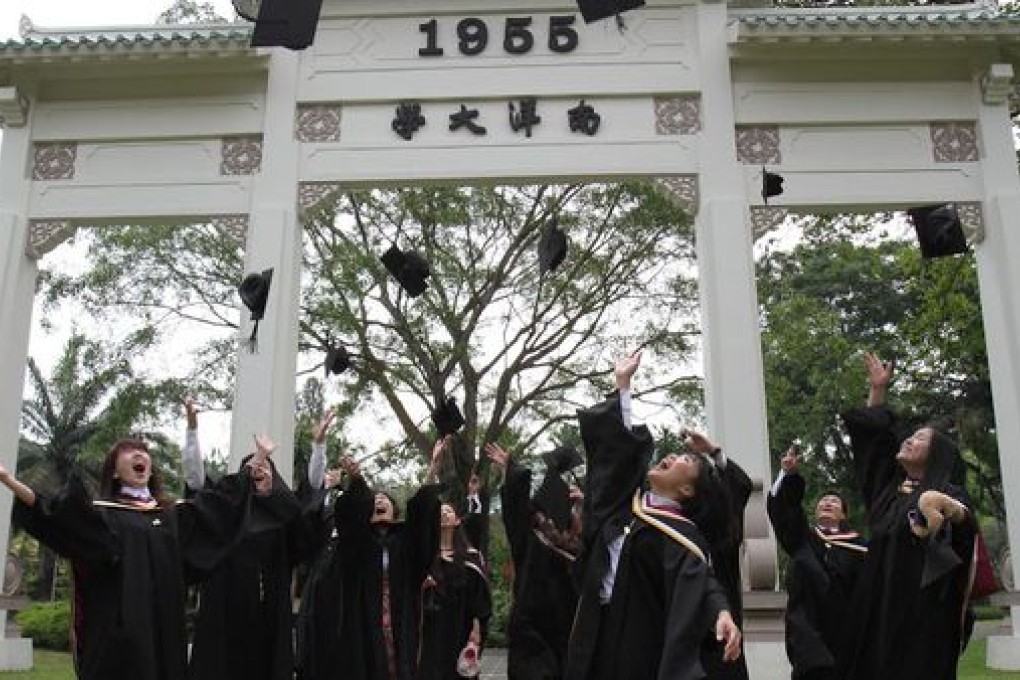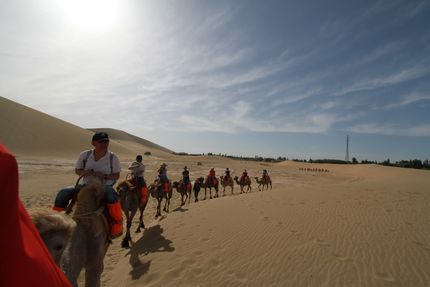
Meeting the need for postgraduate students to understand the workings of contemporary China, Singapore’s Nanyang Technological University (NTU) is offering a wide-ranging programme which covers key aspects of economic development, political evolution and ongoing social change.
While giving the necessary historical perspective, the Master of Arts in Contemporary China (MACC) focuses on the forces now driving the world’s latest superpower and the impact being felt in Asia and around the world.
Designed as an interdisciplinary programme and taught in English by China specialists from NTU’s School of Humanities and Social Sciences and other faculties, the MACC has attracted a diverse mix of students since it was first introduced almost 10 years ago. Each intake typically includes mid-career professionals from all walks of life ranging from lawyers, bankers and senior government officials to media personnel, engineers and entrepreneurs. With many coming from outside Singapore, this gives an international perspective to classroom discussions and interactive seminars and, importantly, forms the basis for a strong alumni network after graduation.
Core courses deal with subjects such as the making of modern China, contemporary Chinese politics, and China’s economy in transformation. Others look at cross-Taiwan strait relations, the dynamics of investment in Greater China, and the mainland media. Students also choose electives from three different groups – society and culture, politics and international relations, and economy and business – enabling them to gain an in-depth appreciation of specific areas in line with their personal or professional interests.
“Another highlight is the 10-day immersion trip which is mandatory for all students and included in the tuition fees,” says Kathryne Yew, Assistant Director of the MACC programme. “It involves visits to parts of China other than the well developed cities to give students a better understanding of local government operations and policies, as well as the local culture.”
